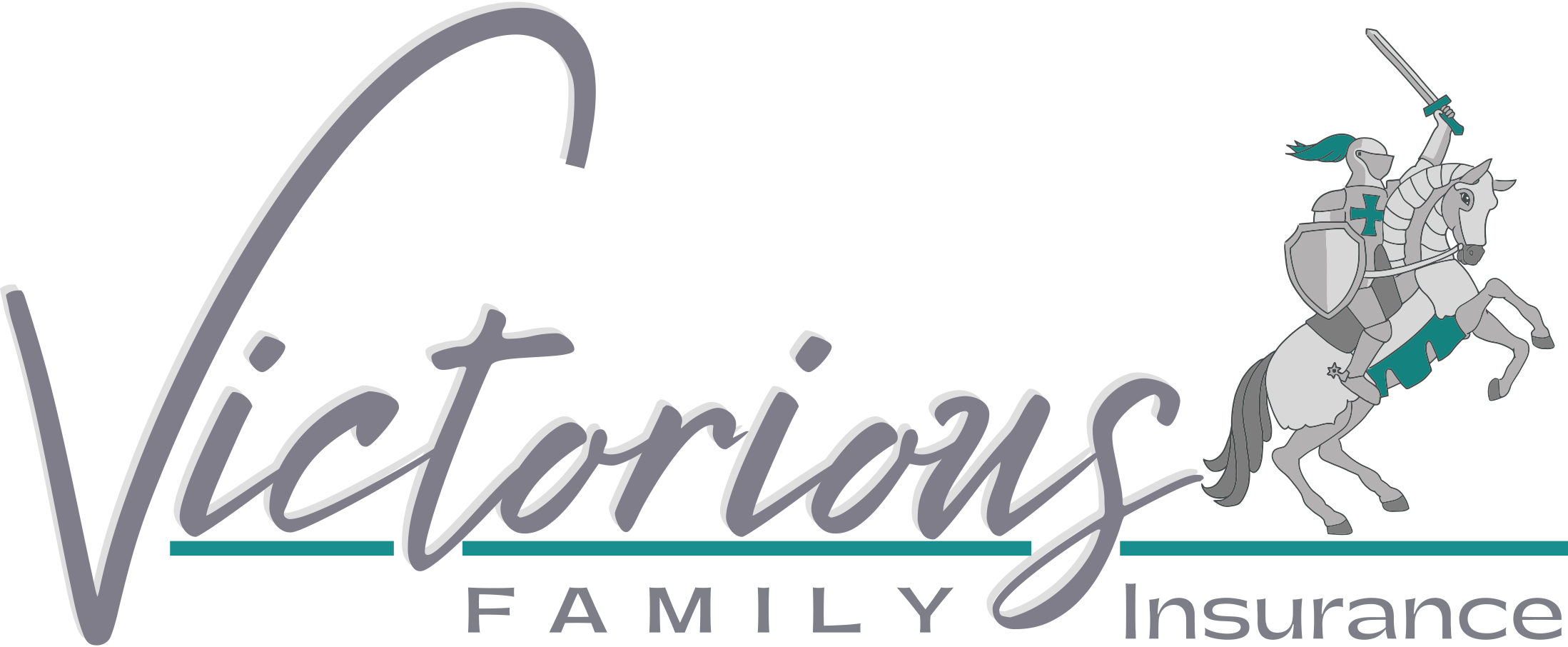It’s a common misconception that all insurance agents are the same. In reality, working with an independent agent offers a significant advantage: choice. Unlike captive agents who are limited to the products of a single company, independent agents can shop policies from multiple carriers to find the best fit for your unique needs. But with so many options, how do you find the right independent agent for you?
This isn’t just about finding the lowest premium. It’s about finding an expert who listens, provides personalized advice, and acts as your long-term advocate. The right fit can bring you peace of mind, while the wrong one can leave you underinsured and frustrated.
Step 1: Clarify your specific needs
Before you begin your search, take stock of your situation and what you need protection for. Having a clear picture will help you find an agent with the right specialization.
- Personal vs. commercial insurance: Some agents specialize in personal lines, like home and auto, while others focus on complex commercial policies.
- Specialized needs: Do you have a risky hobby, a home in a flood zone, or a business in a niche industry? If your needs are unique, you’ll want an agent with specialized expertise and carrier connections.
- Future goals: A good agent won’t just think about today. Consider your future plans, like buying a second property or starting a business, to ensure you choose an agent who can grow with you.
Step 2: Gather trusted recommendations
Instead of blindly searching online, start with people you already trust.
- Friends and family: Ask co-workers, friends, and family for recommendations based on their personal experience. Ask probing questions about their interactions: Was the agent responsive? Did they make the claims process easy?
- Other professionals: For specific needs, get referrals from other professionals. A real estate agent, for instance, can recommend home insurance specialists, while a financial planner can suggest life insurance experts.
- Professional networks: Local business associations or chambers of commerce can be great resources for finding commercial insurance agents who are active in the community.
Step 3: Vet your potential agents
Once you have a few names, it’s time to do some homework. Use these steps to narrow down your choices before making contact.
- Check credentials and licensing: Verify the agent and their firm are properly licensed with your state’s insurance department. You can also check for professional designations like Certified Insurance Counselor (CIC) or Chartered Property Casualty Underwriter (CPCU) to gauge their expertise.
- Read online reviews: Look up the agent’s name or agency on Google and the Better Business Bureau (BBB) website. Pay attention to how they respond to complaints and whether they address customer concerns respectfully.
- Confirm they are independent: Some agents claim to be independent while primarily pushing policies from a single carrier. Ask them outright what carriers they work with and how they choose their partners.
Step 4: Interview your top candidates
Now that you have a short list, it’s time to have a real conversation with each agent. This is your chance to assess their expertise and decide if your personalities click.
- Ask about their process: A great agent will focus on your needs, not just a quick sale. Ask how they assess risk, compare policies, and customize coverage for your situation.
- Inquire about the claims process: Your relationship with your agent is most critical during a claim. Ask them to walk you through their process and explain how they will assist you if a loss occurs.
- Assess their communication style: Is the agent responsive? Can they explain complex insurance concepts clearly, or do they rely on jargon? The best agents are effective communicators who prioritize your understanding.
- Request references: Ask if you can speak to a few of their long-term clients. An established agent with good relationships should be able to provide this.
Step 5: Trust your instincts
After you’ve done your research and conducted your interviews, take a step back and consider how each agent made you feel. Did they listen to your concerns, or did you feel pressured? Did the conversation feel collaborative or like a sales pitch?
Your agent will be your trusted advisor for years to come. Ultimately, the best choice is the one you feel most comfortable with—the professional who has your best interests at heart.
